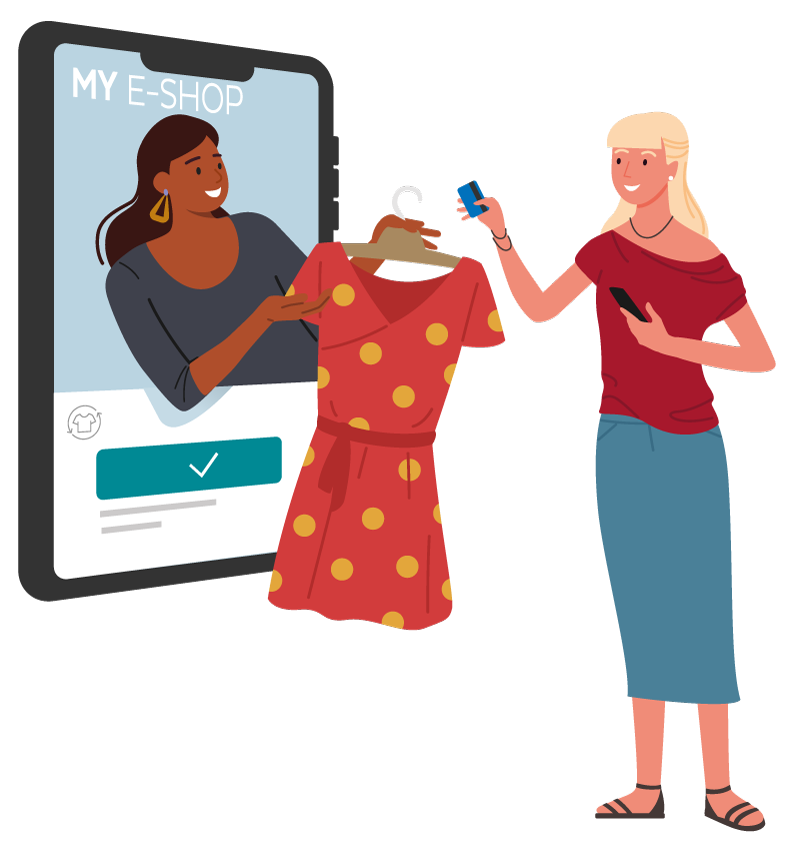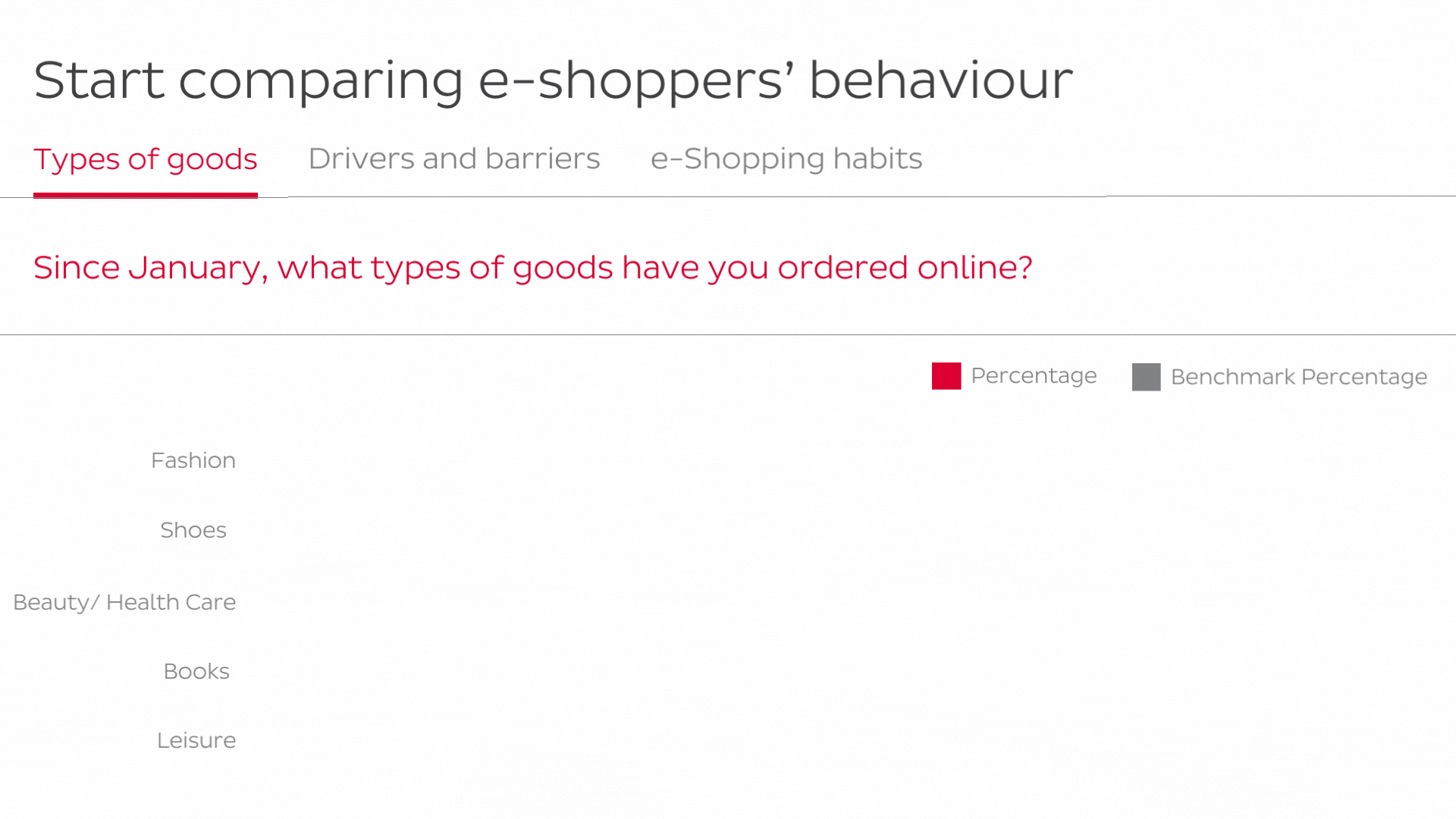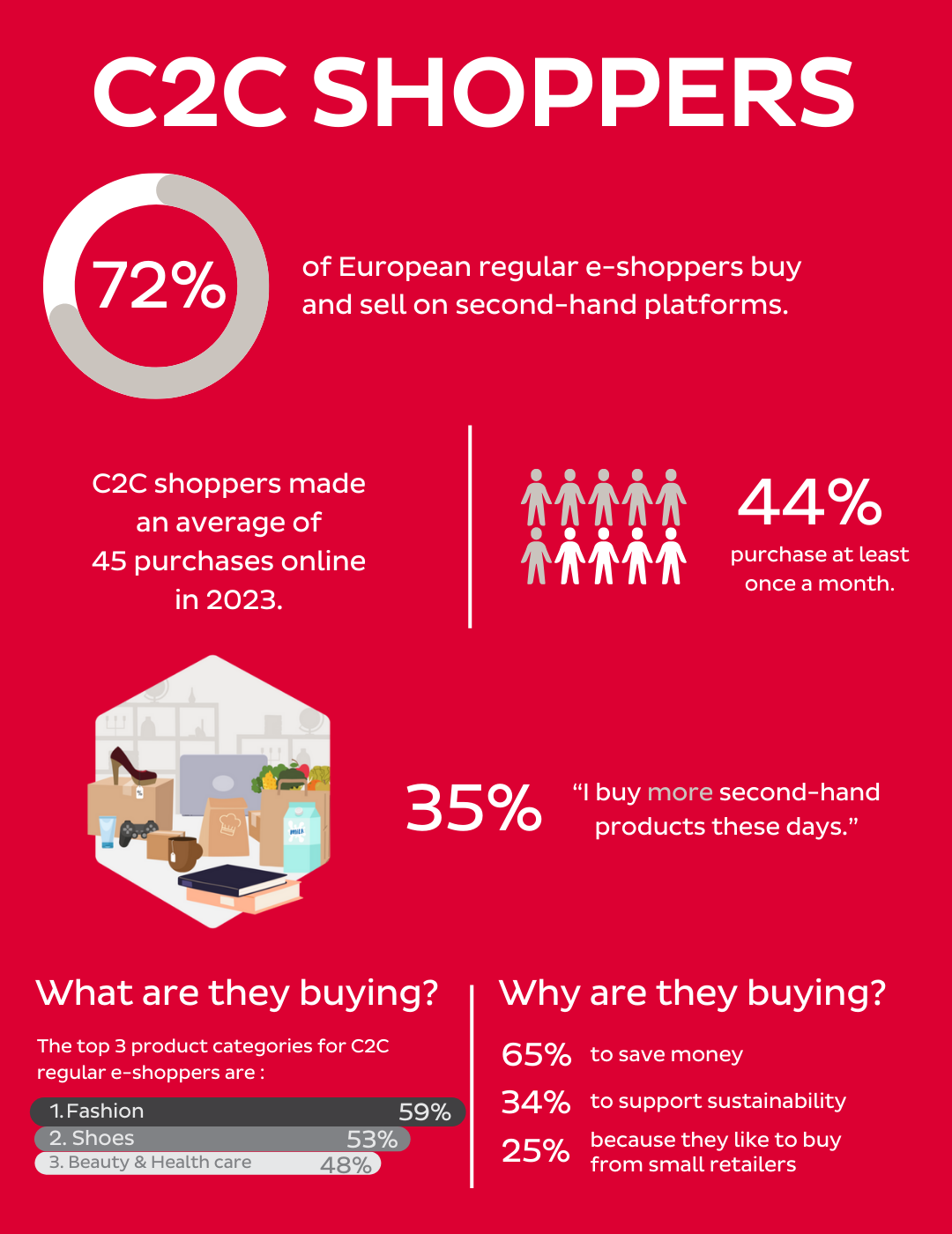

- Company
- Services
- Newsroom
- Expertise
- Sustainability
- Innovation
- Your local delivery experts
- DPD Austria
- DPD Belgium
- DPD China
- DPD Croatia
- DPD Czech Republic
- DPD Estonia
- Chronopost France
- DPD France
- DPD Germany
- DPD Hong Kong
- DPD Hungary
- DPD Ireland
- BRT Italy
- DPD Latvia
- DPD Lithuania
- DPD Luxembourg
- Chronopost Mauritius
- Chronopost Morocco
- DPD Netherlands
- Chronopost New Caledonia
- DPD Poland
- DPD Portugal
- DPD Romania
- SEUR Spain
- DPD Slovakia
- DPD Slovenia
- DPD Switzerland
- DPD Taiwan
- DPD United Kingdom
- DPD Uzbekistan
- Company
- Services
- Newsroom
- Expertise
- Sustainability
- Innovation
- Your local delivery experts
- DPD Austria
- DPD Belgium
- DPD China
- DPD Croatia
- DPD Czech Republic
- DPD Estonia
- Chronopost France
- DPD France
- DPD Germany
- DPD Hong Kong
- DPD Hungary
- DPD Ireland
- BRT Italy
- DPD Latvia
- DPD Lithuania
- DPD Luxembourg
- Chronopost Mauritius
- Chronopost Morocco
- DPD Netherlands
- Chronopost New Caledonia
- DPD Poland
- DPD Portugal
- DPD Romania
- SEUR Spain
- DPD Slovakia
- DPD Slovenia
- DPD Switzerland
- DPD Taiwan
- DPD United Kingdom
- DPD Uzbekistan
GEOPOST E-SHOPPER BAROMETER
2023/24 EDITION
E-SHOPPING TRENDS IN EUROPE
Discover the widest survey about e-commerce in Europe, revealing the latest behaviours and expectations of +24,000 e-shoppers in 22 countries.
KEY TAKEAWAYS
Fieldwork conducted from May 31 to July 19, 2023
48% of all e-shoppers are regular e-shoppers
![]() 62% of regular e-shoppers prioritise price in their buying decisions
62% of regular e-shoppers prioritise price in their buying decisions
 72% of regular e-shoppers are C2C users
72% of regular e-shoppers are C2C users
 44% of regular e-shoppers choose out-of-home delivery solutions
44% of regular e-shoppers choose out-of-home delivery solutions
![]() 70% of regular e-shoppers prioritise predictability when purchasing online
70% of regular e-shoppers prioritise predictability when purchasing online
* Regular e-shoppers receive on average 5.2 parcels per month | * C2C: consumer to consumer
KEY TAKEAWAYS


Fieldwork conducted from May 31 to July 19, 2023
48% of all e-shoppers are regular e-shoppers
![]() 62% of regular e-shoppers prioritise price in their buying decisions
62% of regular e-shoppers prioritise price in their buying decisions
 72% of regular e-shoppers are C2C users
72% of regular e-shoppers are C2C users
 44% of regular e-shoppers choose out-of-home delivery solutions
44% of regular e-shoppers choose out-of-home delivery solutions
![]() 70% of regular e-shoppers prioritise predictability when purchasing online
70% of regular e-shoppers prioritise predictability when purchasing online
* Regular e-shoppers receive on average 5.2 parcels per month | * C2C: consumer to consumer
IS SOCIAL MEDIA THE NEW SHOPPING PARADISE?
IS SOCIAL MEDIA THE NEW SHOPPING PARADISE?
It's plausible to assume that social media will continue to grow as an important space for e-commerce. Social media platforms are always devising novel features to monetise, allowing for more to be sold on the platform.
Christopher Kowalewski, Group Social Media Lead
WHY DO E-SHOPPERS CHOOSE OUT-OF-HOME DELIVERY?
With 44% choosing this option, e-shoppers increasingly favour out-of-home delivery. Proximity, flexibility, and cost-effectiveness define OOH delivery, aligning with user preferences for convenience and savings. Geopost achieved 100,000 pickup points in Europe in 2023, underscoring the growing demand for this delivery solution in the expanding e-commerce market.
WHY DO E-SHOPPERS CHOOSE OUT-OF-HOME DELIVERY?
With 44% choosing this option, e-shoppers increasingly favour out-of-home delivery. Proximity, flexibility, and cost-effectiveness define OOH delivery, aligning with user preferences for convenience and savings. Geopost achieved 100,000 pickup points in Europe in 2023, underscoring the growing demand for this delivery solution in the expanding e-commerce market.
EXPLORE GLOBAL SHOPPING HABITS!


EXPLORE GLOBAL SHOPPING HABITS!
Use our comparison tool to discover differences in online shopping habits across 22 countries.
IS FRUGALITY THE NEW HYPE?
More e-shoppers are opting for second-hand C2C platforms due to financial reasons. With 44% making monthly purchases, C2C commerce is growing, involving almost 3 in 4 European regular e-shoppers. Besides cost savings, this trend aligns with environmental awareness and helps sellers free up space while earning extra income. In 2023, 72% of regular e-shoppers became C2C users, reflecting a dynamic shift in consumer behaviour.
IS FRUGALITY THE NEW HYPE?


More e-shoppers are opting for second-hand C2C platforms due to financial reasons. With 44% making monthly purchases, C2C commerce is growing, involving almost 3 in 4 European regular e-shoppers. Besides cost savings, this trend aligns with environmental awareness and helps sellers free up space while earning extra income. In 2023, 72% of regular e-shoppers became C2C users, reflecting a dynamic shift in consumer behaviour.